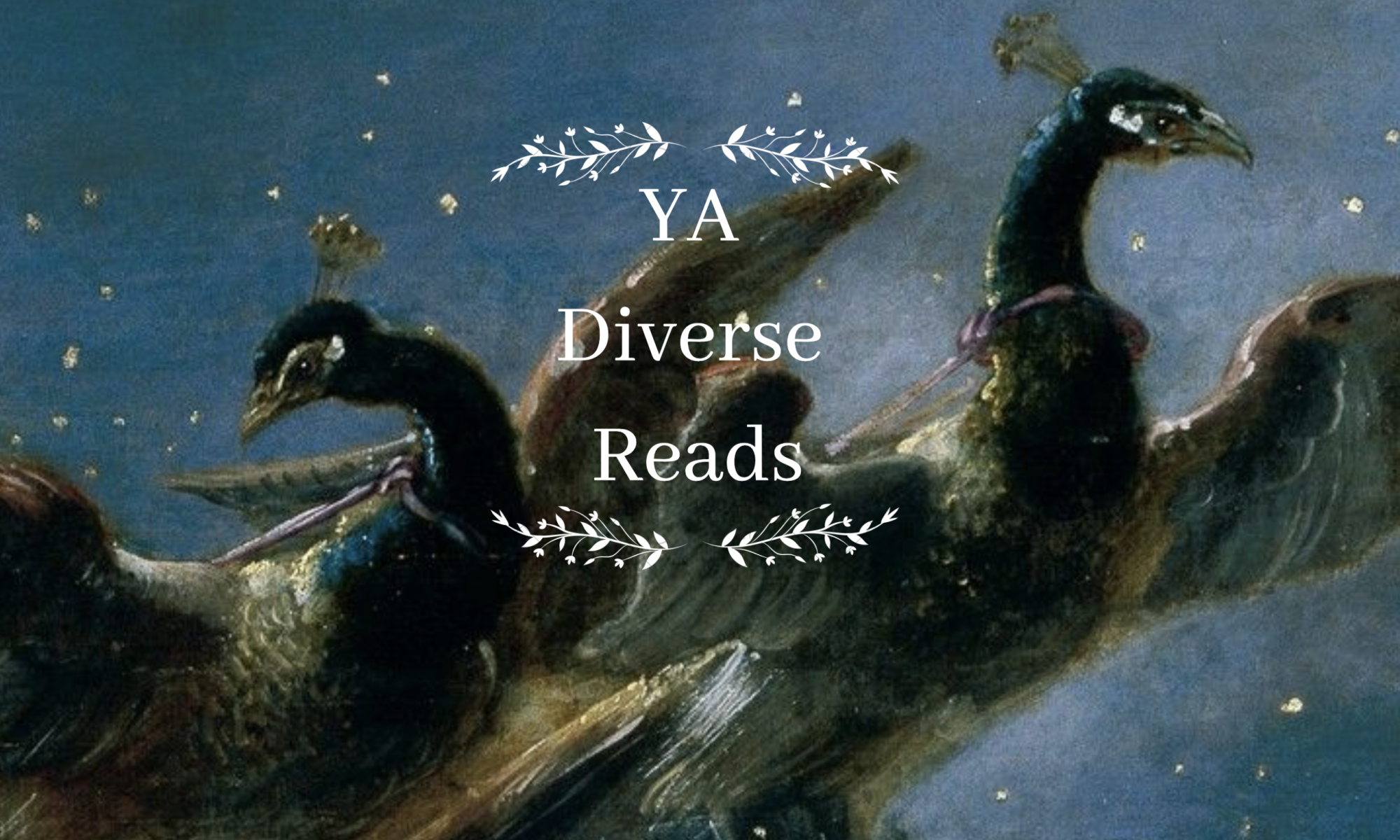This is the first of many reviews in which I will discuss a diverse book that I’ve read. What qualifies as a diverse read is a novel that features a marginalized person as the main character (or main characters if there are multiple narrators). Right now, I have a goal of reading more books by authors of color in the Urban Fantasy genre. So naturally, Julie Kagawa was my first choice.
The Immortal Rules is set several decades in the future, following the “Red Lung” virus that decimated much of the population of the world. Vampires now rule over humans, offering them protection from the virus if the humans offer them their blood. The novel explores how the main character, Allison Sekemoto, deals with living in such conditions and the difficult choices she has to make.
I particularly enjoyed this novel because Allison is an incredibly strong heroine. From the beginning of the story, the reader is quickly made aware that Allison knows how to take care of herself. Not only that, she also takes care of others. Despite living in squalid conditions and struggling to survive in a harsh world, she watches out for her friend Stick, keeping him safe, making sure he has food, etc. People don’t do that kind of stuff in “The Fringe” where she lives. But Allison does, despite Stick being completely undeserving of her kindness.
Early on, she’s forced to make a tough decision when she’s facing death. Does she die a gruesome and painful death or does she become a vampire, the thing she hates most in the world? Her choice to become a vampire is interesting because it shows she has depth. Her deep-rooted hatred for all things vampire didn’t prevent her from wanting to live. (Well, sort of live. Vampires are dead, remember?) The rest of the novel shows how she deals with the moral implications of being apart of the undead club.
Aside from Allison’s name, and a few mentions in the story about her asian ancestry and appearance, there is no focus on her being Japanese. She just is. I’ve read several reviews of the book where people wondered what was the point of making her Japanese if it wasn’t going to play a larger role in the plot. My answer to that is simple: It doesn’t have to play a larger role in the plot. The fact that she is Japanese has no bearing on the story whatsoever and that’s fine.
The purpose of diverse representation, especially within the fantasy genre, is important because it shows that people like Allison, for example, can go on fantastical adventures without the focus being about her race.
Overall, the first of Kagawa’s Blood of Eden series is an exciting read and I highly suggest it to anyone interested in a vampire story without all the common cliches.

